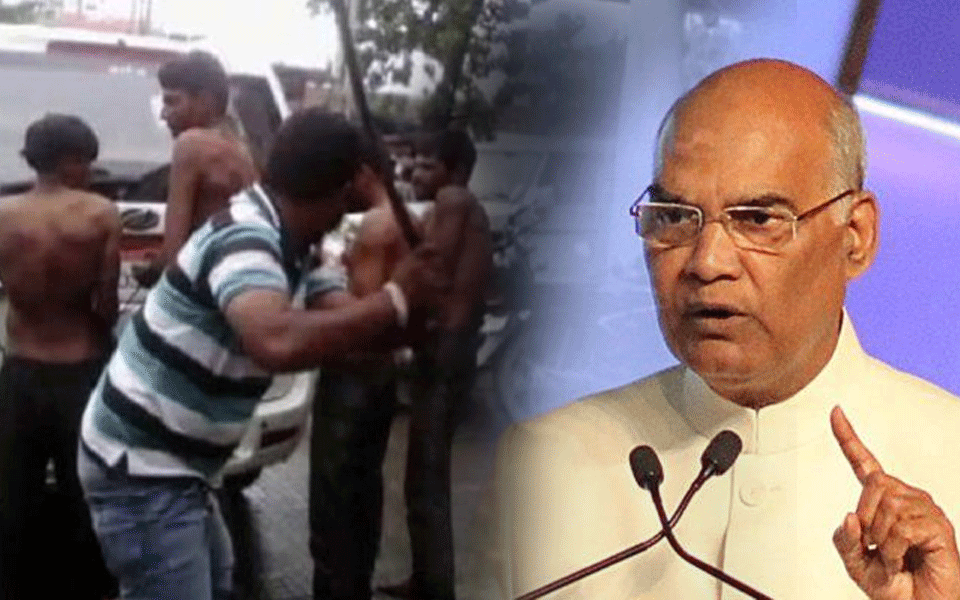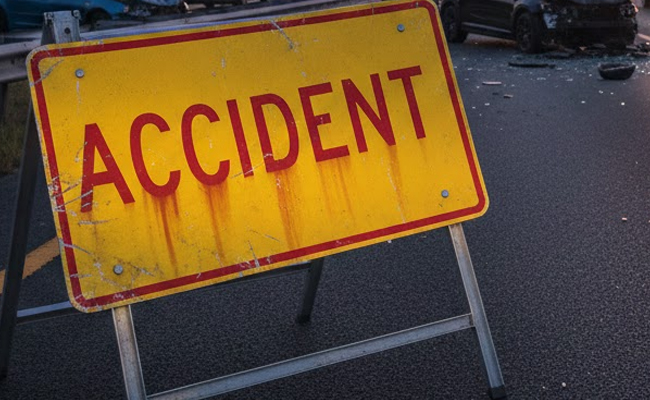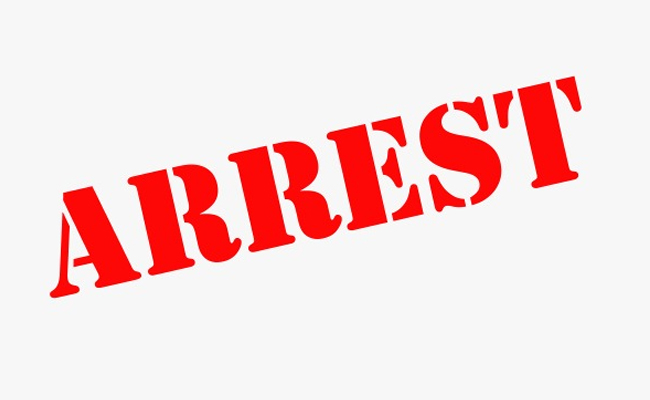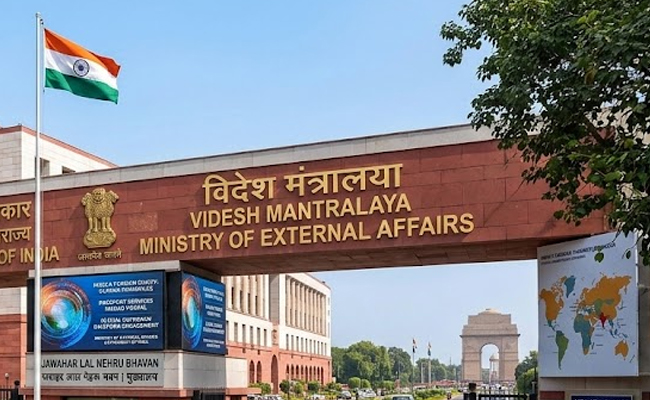Even as Sangh Parivar tries its best to cover casteism by selling the dream of ‘Hindutva’ as a lofty ideal, the wound is getting deeper with time. It has been proved time and again that wealth, power or office can never really compensate for the caste based discrimination a lower caste person feels in our country.People are getting killed for having ridden a horse on the wedding day, or riding a motorcycle, or for having deskinned a dead cattle, or for entering a temple so on and so forth. If the dalits consolidate against such tyranny, the government does not even hesitate to brand them naxals.
When the government tried amending and thus weakening act that protects dalits such as atrocity act, the dalits came together in solidarity. The government consistently silenced the voices. And amidst all this, the BJP government at the centre repeatedly says “We elevated a dalit to the post of Rashtrapati.” This fact, is really a matter of great pride to India. But then, how difficult it is to assault dalits by having a dalit man as cover?
President Ramnath Kovind has been elevated to the highest chair not just because he is a dalit, but because he has accepted the RSS ideals. He does not accede to Ambedkar’s ideology. A dalit leader can never be able to balance Ambedkar and RSS ideals together. Those ideals can never coexist.
Beyond this, it is an open secret as to what RSS’s stance is about dalits. And yet, if BJP and RSS desperately need a Kovind’s pretext to cover their lacunae, it is to stop dalits from consolidating against BJP and the RSS ideology.
Since they very well understand an upper caste man implementing RSS ideology can be quite dangerous, they need a dalit leader for the job. And hence, Kovind was put in the highest office in the country. If the country celebrates elevation of a dalit to the high office, the underlying agenda is quite disappointing. After him being made the President, cases of assaults against dalits countrywide have increased manifold.
On earlier occasions, assaults against Dalits were pretty individualistic and sporadic too. Assault on dalit consolidations were rare. System would hesitate to launch an assault on them. But in the recent times, upper caste people are consistently attacking dalits as a whole with the help of the legal system.
Sangh parivar members launched organized attacks on dalits during a march to oppose the court ruling, and Bhima-Koregaon march incidents. Whenever such incidents are cited, BJP shows Kovind as its safety net and escapes from serious charges. Which means, BJP will use a dalit against dalits and continue assaulting them.
But then, the real spirit of Manu ideology has come out in the open with the incident that took place in relation to the President in Puri Jagannath temple in Orissa. About two months ago, President Ramnath Kovind had visited the temple with his wife and he was stopped from entering the sanctum sanctorum. His wife was even pushed around. This is a shocking incident. That this incident was kept under wraps for two months is even more surprising for the nation. Now the government has ordered for an inquiry into the incident. This humiliation meted out against the President is an insult to the country.
Government should have immediately initiated some disciplinary action and saved the reputation of both the President and the country at large.
But the government probably deemed it important to save the reputation of the preists over the President. Hence everything was covered up so far. This incident has sent a very disturbing message that no matter how high a Dalit grows, he/she would always be perceived in the perspective of his/her caste and that they wouldn’t be allowed inside the temple.
This also emphasizes on the fact that other dalits also need to learn to swallow their self respect like President Kovind. Many years ago, the case of an MP receiving Prasad outside the premises of the temple had given rise to serious debate. He had even said: “I stood out so that their sentiments are not hurt.”
With that, he had insulted lakhs and crores of dalits. Unfortunately, even within BJP no one protested against this treatment to President Kovind. Even the opposition parties didn’t deem it fit to speak against it. Dalit organisations have also maintained strategic silence over this. Puri incident is a strong example of using dalit as a shield to launch assaults on dalit community. This has also shown the wound of caste is inflicted deep into the minds of this country and this won't be cured anytime soon.
Let the Truth be known. If you read VB and like VB, please be a VB Supporter and Help us deliver the Truth to one and all.
New Delhi (PTI): SpiceJet will operate eight special flights from Fujairah in the UAE on Wednesday to bring passengers who are stranded due to the Middle East crisis.
In a statement on Wednesday, the airline said it would operate four services to Delhi, three to Mumbai and one to Kochi from Fujairah.
On Tuesday, the carrier operated four special flights from Fujairah to Delhi, Mumbai and Kochi.
The escalating Middle East conflict involving US, Israel and Iran has significantly disrupted flight operations in the region.





